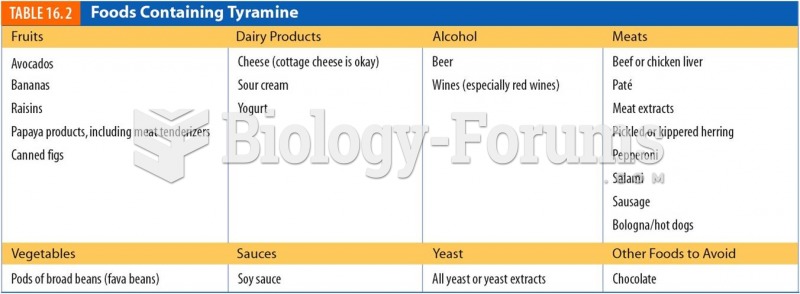Answer to Question 1
The concept that foods provide health benefits beyond those of the nutrients emerged from numerous epidemiological studies showing the protective effects of plantbased diets on cancer and heart disease. People have been using foods to maintain health and prevent disease for years, but now these foods have been given a name they are called functional foods.
Soy may protect against breast and prostate cancers. Soybeans as well as other legumes, flaxseeds, whole grains, fruits, and vegetablesare a rich source of an array of phytochemicals, among them the phytoestrogens. Because the chemical structure of phytoestrogens is similar to the hormone estrogen, they can weakly mimic or modulate the effects of estrogen in the body. They also have antioxidant activity that appears to slow the growth of some cancers.
Soy foods appear to be most effective when consumed in moderation early and throughout life. Importantly, soy extracts and phytoestrogen supplements are illadvisedespeciall y for women with breast cancer and those with high risk factorsas phytoestrogens may promote the growth of estrogendependent tumors (such as breast cancer). The American Cancer Society recommends that women with breast cancer should consume only moderate amounts of soy as part of a healthy plantbased diet and should not intentionally ingest high levels of soy or supplements of phytoestrogens.
Limited evidence suggests that tomatoes may offer protection against some cancers. Among the phytochemicals thought to be responsible for this effect is lycopene, one of the many carotenoids. Lycopene is the pigment that gives apricots, guava, papaya, pink grape fruits, and watermelon their red colorand it is especially abundant in tomato. Because food processing and cooking can improve carotenoid absorption, cooked tomato products, such as spaghetti sauce, provide even more lycopene. Lycopene is a powerful antioxidant that seems to inhibit the growth of cancer cells. Importantly, the benefits of lycopene have been seen when people have eaten foods containing lycopene; lycopene supplements may interfere with cancer treatments.
Diets based primarily on unprocessed foods appear to support heart health better than those founded on highly refined foodsperhaps because of the abundance of nutrients, fiber, or phytochemicals such as the flavonoids. Flavonoids, a large group of phytochemicals known for their healthpromoting qualities, are found in whole grains, legumes, soy, vegetables, fruits, herbs, spices, teas, chocolate, nuts, olive oil, and red wines. Flavonoids are powerful antioxidants that may help to protect LDL cholesterol against oxidation, minimize inflammation, and reduce blood platelet stickiness, thereby slowing the progression of atherosclerosis and making blood clots less likely. Whereas an abundance of flavonoidcontaining foods in the diet may lower the risks of chronic diseases, no claims can be made for flavonoids themselves as the protective factor, particularly when they are extracted from foods and sold as supplements. In fact, purified flavonoids may even be harmful.
Answer to Question 2
ANS: A







